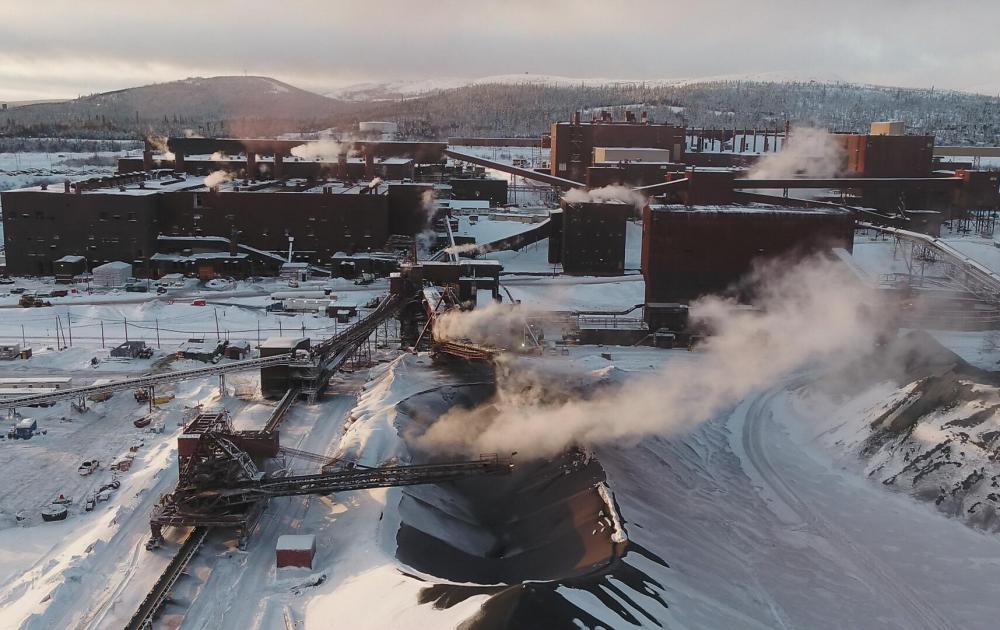Rio Tinto invents low-carbon steel production method


Rio Tinto (ASX: RIO; NYSE: RIO) is advancing an innovative technology to make low-carbon steel using biomass rather than coking coal. The process has the potential to be a cost-effective option to cut carbon emissions from the steelmaking industry.
Rio has spent the last 10 years developing the process, which uses sustainable biomass and microwaves to convert iron ore to metallic iron. It has been successful during laboratory-scale testing. Over time, the process may be scaled up to treat the company’s iron ore fines.
The technology uses plant matter known as lignocellulosic biomass, instead of coal, as a chemical reductant. The biomass is blended with iron ore and heated by a combination of gas released by the biomass and high efficiency microwaves that can be powered by renewable energy.
Rio Tinto says the use of raw biomass in this process could also avoid the inefficiencies and associated costs of other biomass-based technologies that first convert the biomass into charcoal or biogas. The process does not use foods such as sugar and corn, and not biomass sources that support the logging of old-growth forests would be used.
“More than 70% of Rio Tinto’s Scope 3 emissions are generated as customers process our iron ore into steel,” noted the company’s iron ore CEO Simon Trott. “So, while it’s still early days and there is a lot more research and other work to do, we are keen to explore further development of this technology.”
Rio Tinto researchers are working with the multi-disciplinary team in the University of Nottingham’s Microwave Process Engineering Group to further develop the process.
Learn more about The company’s efforts to decarbonize its operations at www.RioTinto.com.
Comments